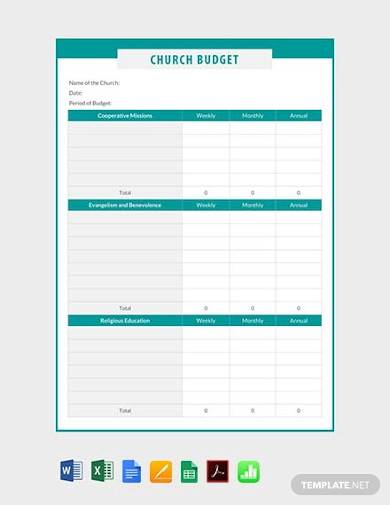
This is the part of your budget that will probably vary the most from month to month. Then subtract the total, and what you’re left with is a number we’ll call…. The numbers will vary based on how strongly you feel about the goal and on your income. Write down numbers that correspond to these goals. You can also decide to save for an emergency fund, for retirement, for a house down payment, for a fabulous trip to Europe, or whatever else. If you have debt, you can decide to make bigger payments, beyond the minimum. Now you have $2000 left.Īt this point, you can think about what you want to work towards. $1000 just got subtracted to cover obligations. Let’s say you started out to budget $3000 in monthly income. Hopefully, the number you get will be much lower than the “income” number from step 2! Subtract obligations from income and you’re left with the amount of money you have to make the rest of your budget.įor me, this is actually the most satisfying part of writing a budget. Write these these necessary payments down, and add them up.

If you earn more, you can use the extra for rainy-day savings. If you normally make anywhere from $2000 to $3000 in a month, then make a budget that only spends $2000. Or, you can make your budget by assuming an income number on the low end of your normal spectrum.If June was a good month, then you can spend more in July if June was a bad month, then you can tighten up your July budget to reflect what you actually earned. You can “live on last month’s income.” With this plan, you make July’s budget based on the money you earned in June.

You can solve the problem in one of two ways: If you have a variable income, budgeting gets a little harder. If you work as a freelancer, or if your income depends on tips, or in other situations, you might have very different numbers to work with each month. If you earn a salary then it stay stable from month to month.īut some people have a highly variable income. Obviously, then, you need to know what you earn! For many people, that number doesn’t vary much. So choose a place to write it down where you can go back and look at it often to see what’s working and what might need changing in the future.īudgets are based on a simple principle: don’t spend more than you earn. (Not that I’m speaking from personal experience or anything!)Ī successful budget will be a budget you can actually consult as you implement it. Don’t write a budget on the back of an envelope and then lose the envelope. But whatever you choose, prepare to commit to using it for at least a few months.
#CHRISTIAN BUDGET WORKBOOK SOFTWARE#
You can use a spreadsheet (here’s our free automated budget spreadsheet, software like YNAB, or a pencil and a notebook. So for those in the same boat, here’s a step by step guide to getting started.

#CHRISTIAN BUDGET WORKBOOK HOW TO#
But in retrospect, one of the things stopping me was that I didn’t really know how to budget for any further out than my next paycheck. My budget became a tool that directed money towards my priorities and away from the random spending that was derailing my finances for no good reason. When I finally took the budgeting plunge a couple of years ago, my life changed for the better almost immediately. But take it from me: the only difficult thing about budgeting is deciding to get started doing it.

And lots of us resist getting started because it seems hard, boring, and/or like it will slowly suck all the fun out of life. Budgeting seems intimidating when you’ve never done it. The ONE CRAZY TRICK that will allow you - yes, you with the entry-level job and the student loan payments - to start a successful budget when you’ve never been able to do it before. Friends, as a converted and frankly evangelical budgeter, I am here to tell you the deep dark magical mystical secret of budgeting.


 0 kommentar(er)
0 kommentar(er)
